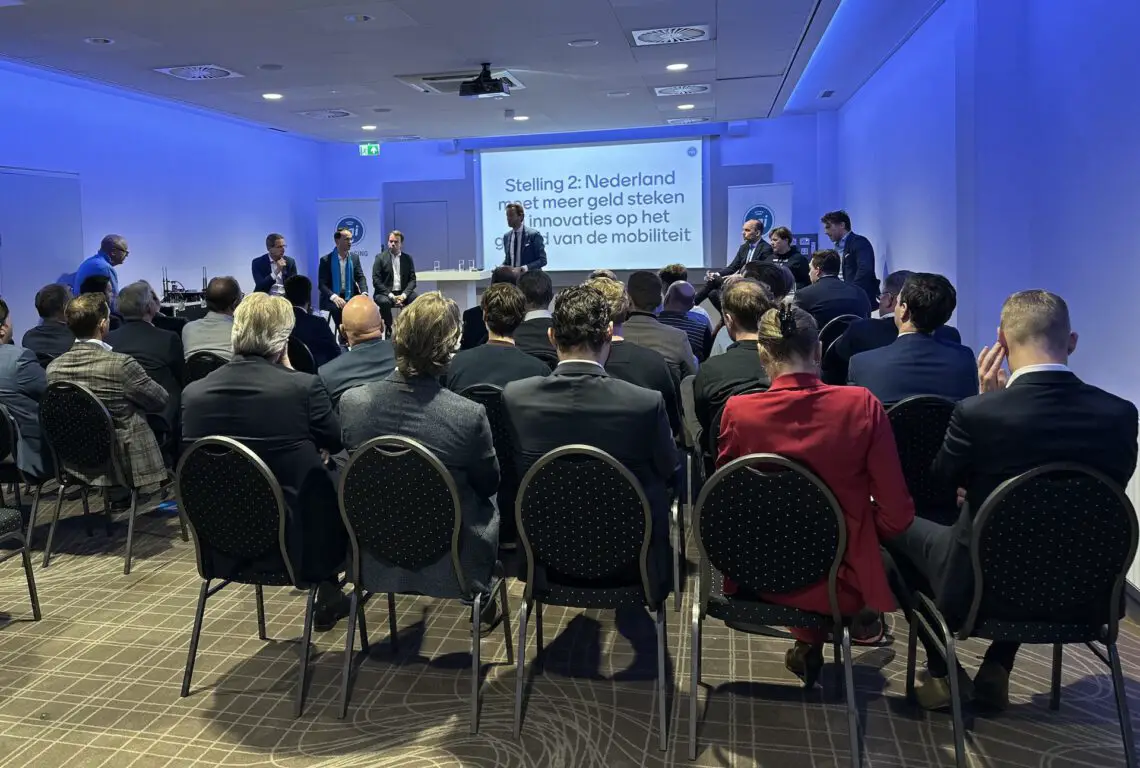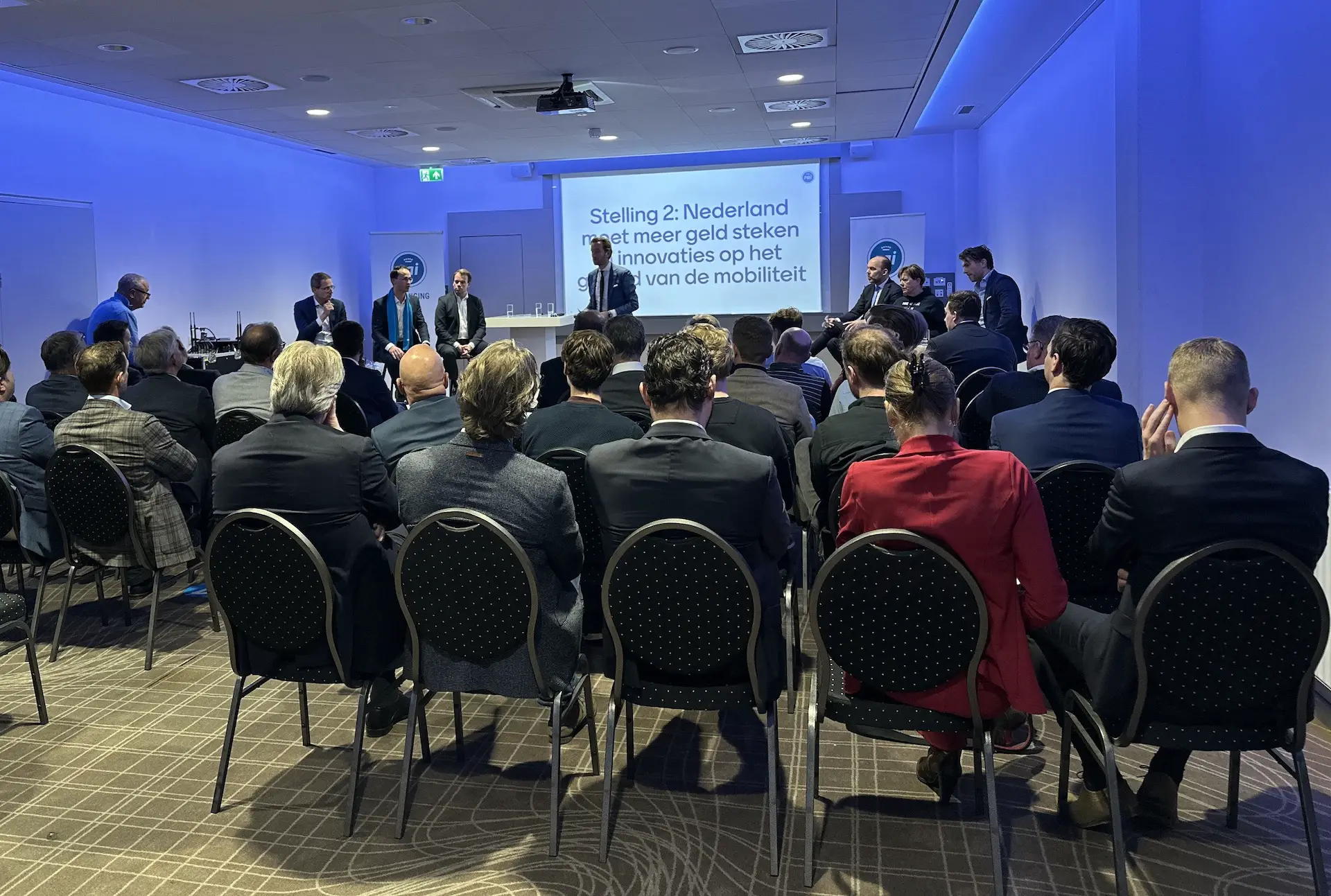Mobility industry frustrated with too many regulations: “Regulations get in the way of innovation”
Important sector
With an annual turnover of 30 billion euros, the mobility manufacturing and service industry in the Netherlands is an important sector for the Dutch economy. In addition, there are 50,000 to even 100,000 people working in this sector in the Netherlands.
The Netherlands is a knowledge institute in the field of mobility
Frits van Bruggen, general chairman RAI Vereniging, says: “If we can be proud of anything, it is our mobility industry. The Netherlands is a knowledge institute in the field of mobility, but we have now entered a completely different phase. It is important that mobility remains sustainable, affordable and safe, that we continue to jointly drive growth and, above all, that we continue to innovate.”
Investment climate must be more favorable
Van Bruggen continued: “The investment climate needs to be more favorable for mobility, we need to promote innovation smarter and make it more accessible, and solve the huge shortage of technical staff. There are also concerns about EV development. We are well on our way, but the sustainability of our mobility is stagnating due to very small subsidies. The only solution is that stimulation must continue. Let’s also work together to make sure there is enough power on the grid, there is work to be done there too. Cooperation between industry and politics must ensure that mobility remains sustainable, safe and also affordable.”
Six political parties
A total of six parties participated in the Mobility Industry Debate, namely Olger van Dijk (NSC), Pim van Strien (VVD), Bart van den Brink (CDA), Christiaan van der Krift (Christian Union), Elrie Bakker-Derks (JA21) and Hans Theunissen (D66).
Support for problem solving
Politicians admit that the Netherlands has a structural regulatory problem. An accumulation of regulations is bogging everything down. That has to change. There is support for solving this so that the mobility industry gets more room to innovate, because now restrictions from European legislation stand in the way of innovations in the Netherlands. The industry’s desire is for the government to give more space to industry. The government also needs to do a better job of tapping into the industry to get a better picture of what innovations are out there. In short, mobility deserves more freedom.
Netherlands must show guts
Frits van Bruggen says: “The Mobility Industry Debate teaches us above all that there is a great need from all parties for more flexibility from the government to enable innovation. But reliability, affordability, accessibility, accessibility and safety are also very important themes when it comes to mobility. The Netherlands must look to the future, solve the problems on the power grid quickly and take necessary steps to ensure that the Netherlands does not lose its role as an innovative mobility player. From the political side, the ministries and the business community, we must seek cooperation more than ever. But above all: we must continue to invest in mobility, because mobility is the engine of the Netherlands.”

Desires of business
There are great desires from the business community to be able to experiment more in the Netherlands, including in the field of platooning, which is the automatic close following of trucks. Also, an extra-long super-eco combination of a tractor with two trailers can provide environmental benefits. Another example: the electric axle, which can generate energy for the chiller or give an extra push when accelerating and accelerating: not allowed in the Netherlands due to restrictions in European legislation.
The mobility industry also hopes that the Netherlands will soon do more with V2X technology. This Vehicle To Everything technology enables communication between cars. When cars can communicate with each other we provide better traffic flow, but it is also more efficient and better for environmental impact and safety. More clarity is also needed in the area of rules. Politicians agree that electric driving is the future in the Netherlands and that there is a need for a government that is not constantly turning the knobs in terms of regulations.

